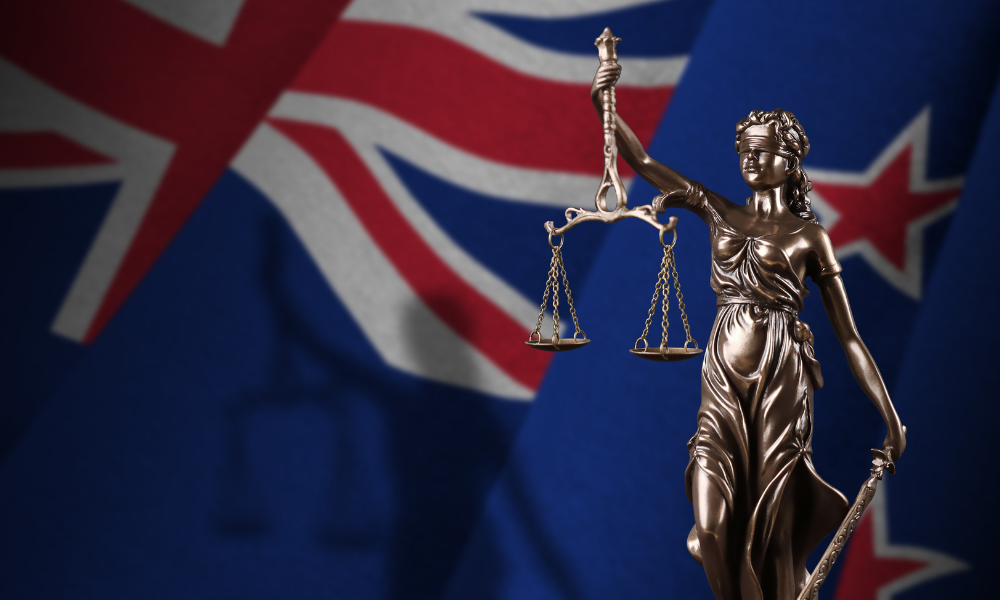
Government agencies' pandemic response lacked scientific basis, appellant submits

New Zealand’s Court of Appeal has dismissed an appeal based on the appellant’s failure to identify any actionable tort by Crown servants or agents, even though she relied on s 6 of the Crown Proceedings Act 1950.
In Bridge v R, [2025] NZCA 246, the appellant wanted to file a claim against the Crown under s 6 of the Crown Proceedings Act 1950, governing the Crown’s tort-based liability.
The appellant’s allegations included negligence, defamation, discrimination, and false arrest. Specifically, she claimed that the response of various government agencies to the COVID-19 pandemic lacked a scientific foundation.
The appellant’s proposed claim requested retractions, apologies, acknowledgment, compensation, investigations of the government’s efforts, and enforcement action.
Last February, a judge of the Wellington High Court struck out the appellant’s pleaded claim for abusing the court’s process under r 5.35B of the High Court Rules 2016. The judge considered the claim insufficient and incurable.
The appellant, as an unrepresented litigant, appealed the judge’s ruling. She argued that she only sought proof that SARS-CoV-2 was a real virus. She also wanted the court to hear her claim instead of summarily rejecting it.
The Crown, as the respondent in this case, did not participate in the appeal.
The Court of Appeal of New Zealand dismissed the appeal. The appeal court ruled that the judge committed no error in the orthodox analysis of the appellant’s pleaded claim. The appeal court deemed the claim untenable, unfounded, and lacking a basis in arguable, non-trivial harm.
The appeal court noted that the appellant’s allegations included:
The appeal court held that the appellant failed to refer to any specific harm to herself that would survive the pertinent prohibition under the Accident Compensation Act 2001 or any actionable tort committed by the Crown’s servants or agents, even though she cited s 6 of the Crown Proceedings Act 1950.
The appeal court noted that the Accident Compensation Act banned claims seeking damages for personal injury or otherwise that alleged any basis for the Crown’s general liability.
The appeal court concluded that the appellant’s argument – that the health ministry negligently failed to offer sufficient evidence on the isolation of SARS-CoV-2 – did not specify any harm to herself based on the alleged failure to give her the evidence she requested.